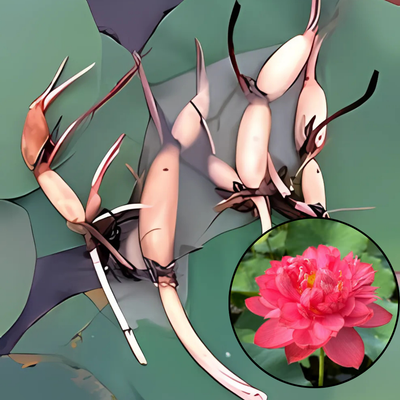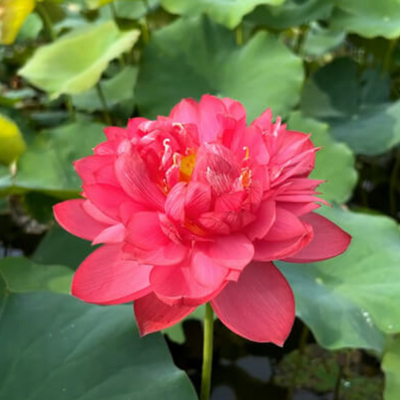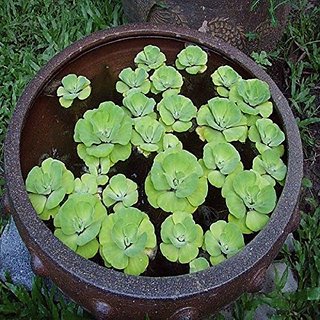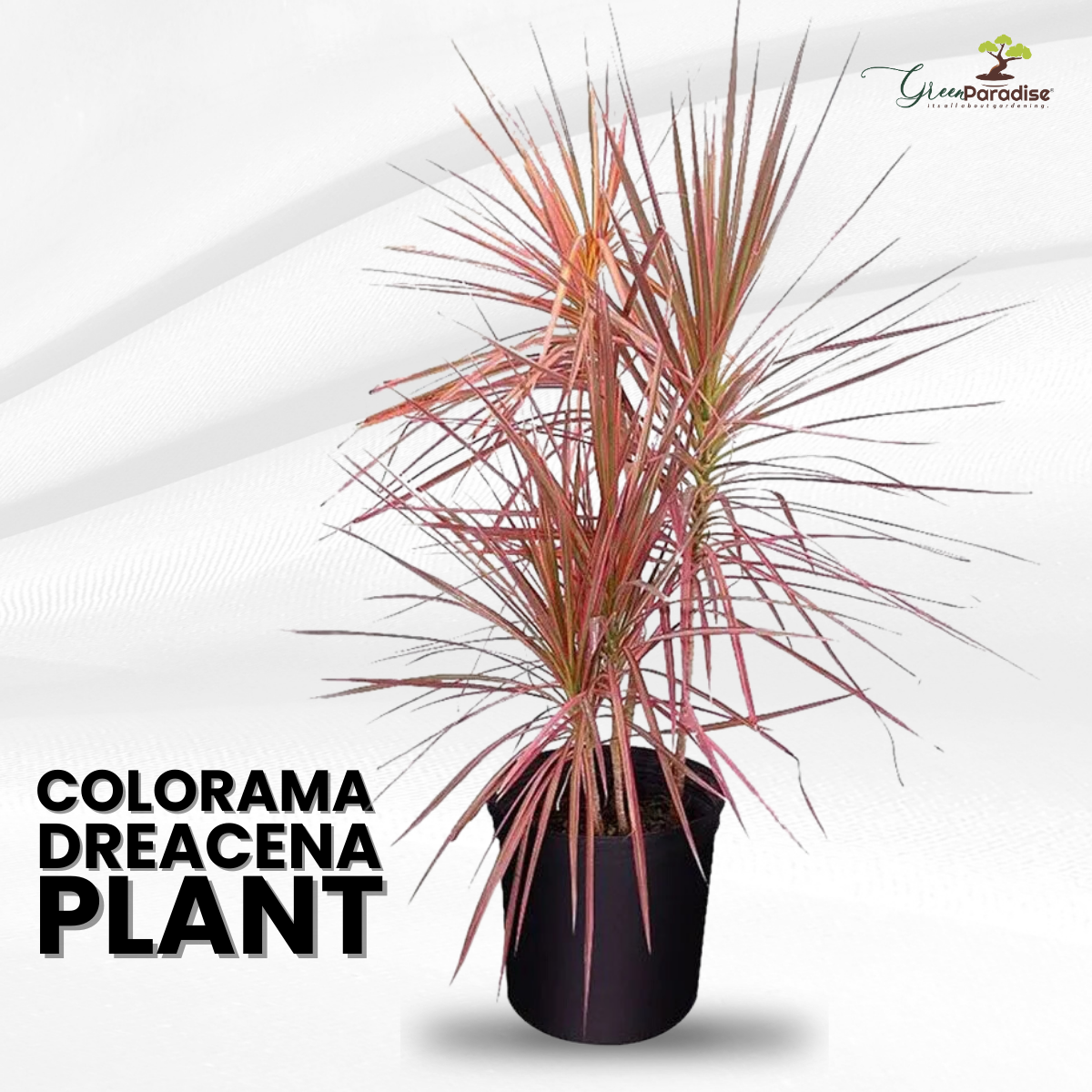
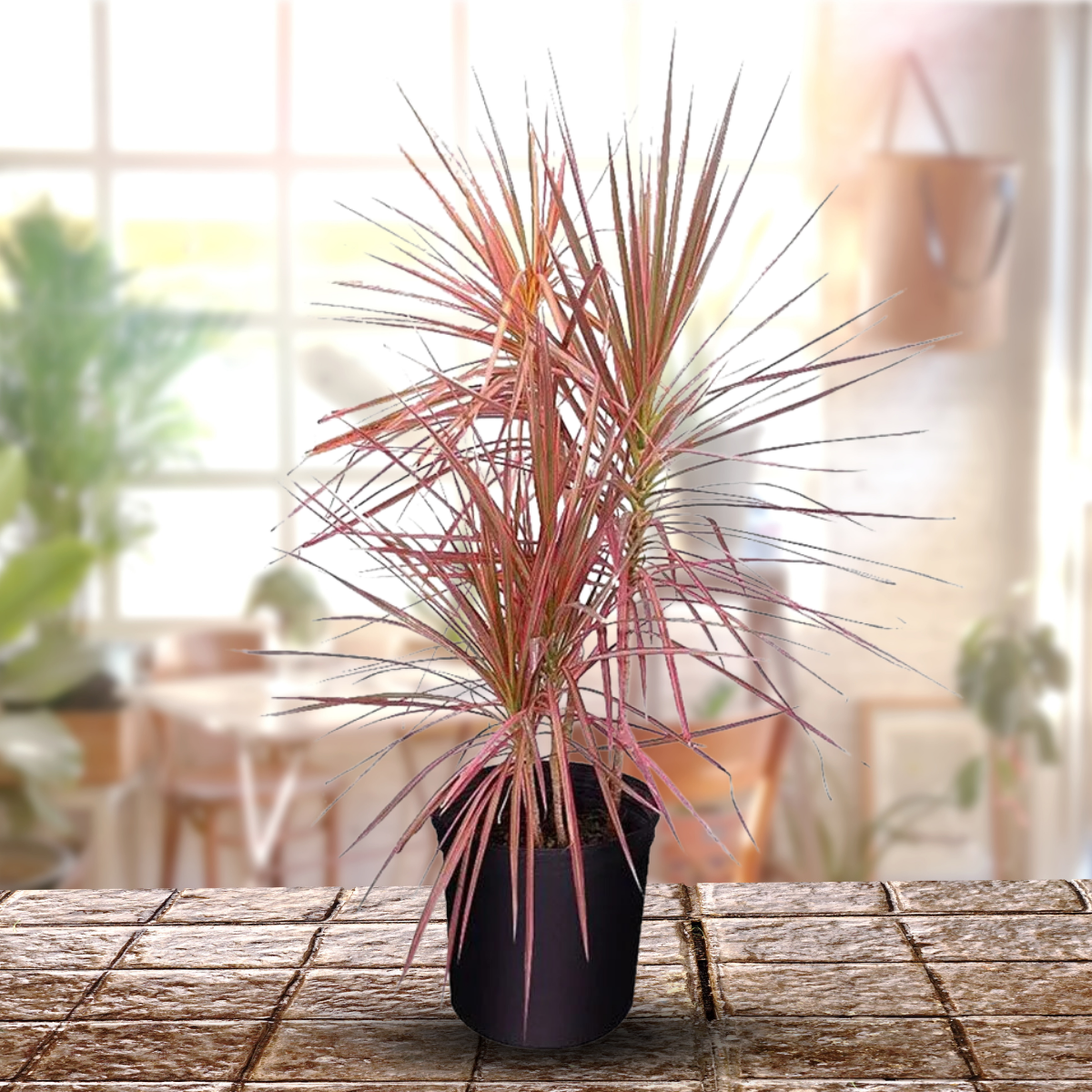
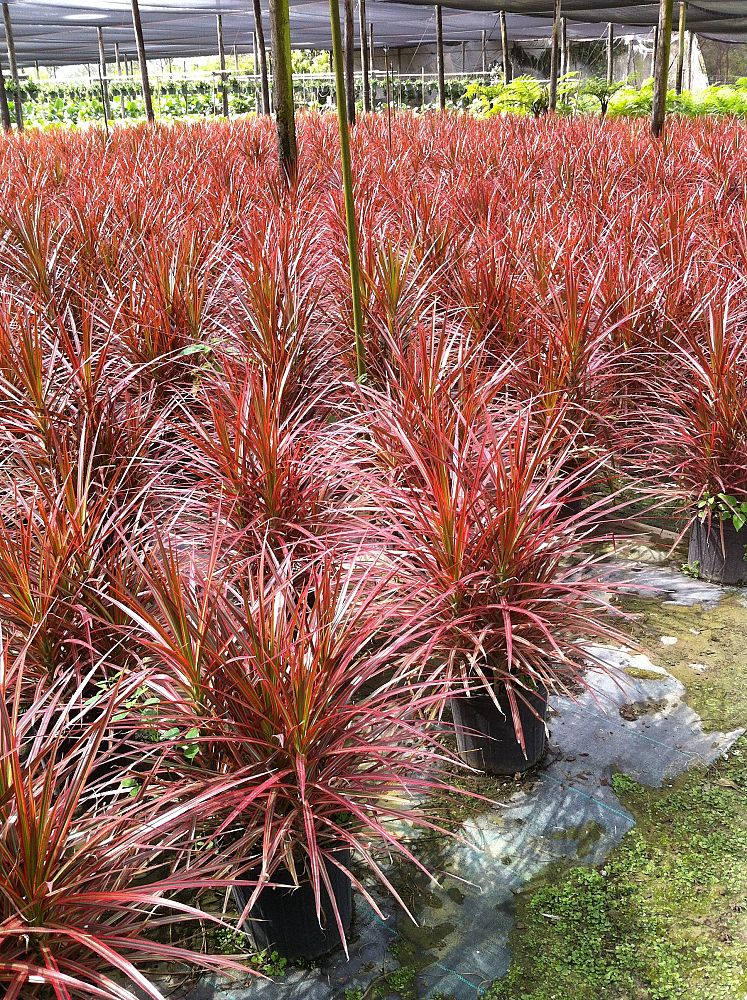
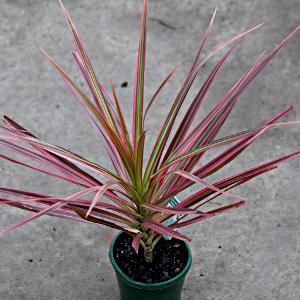
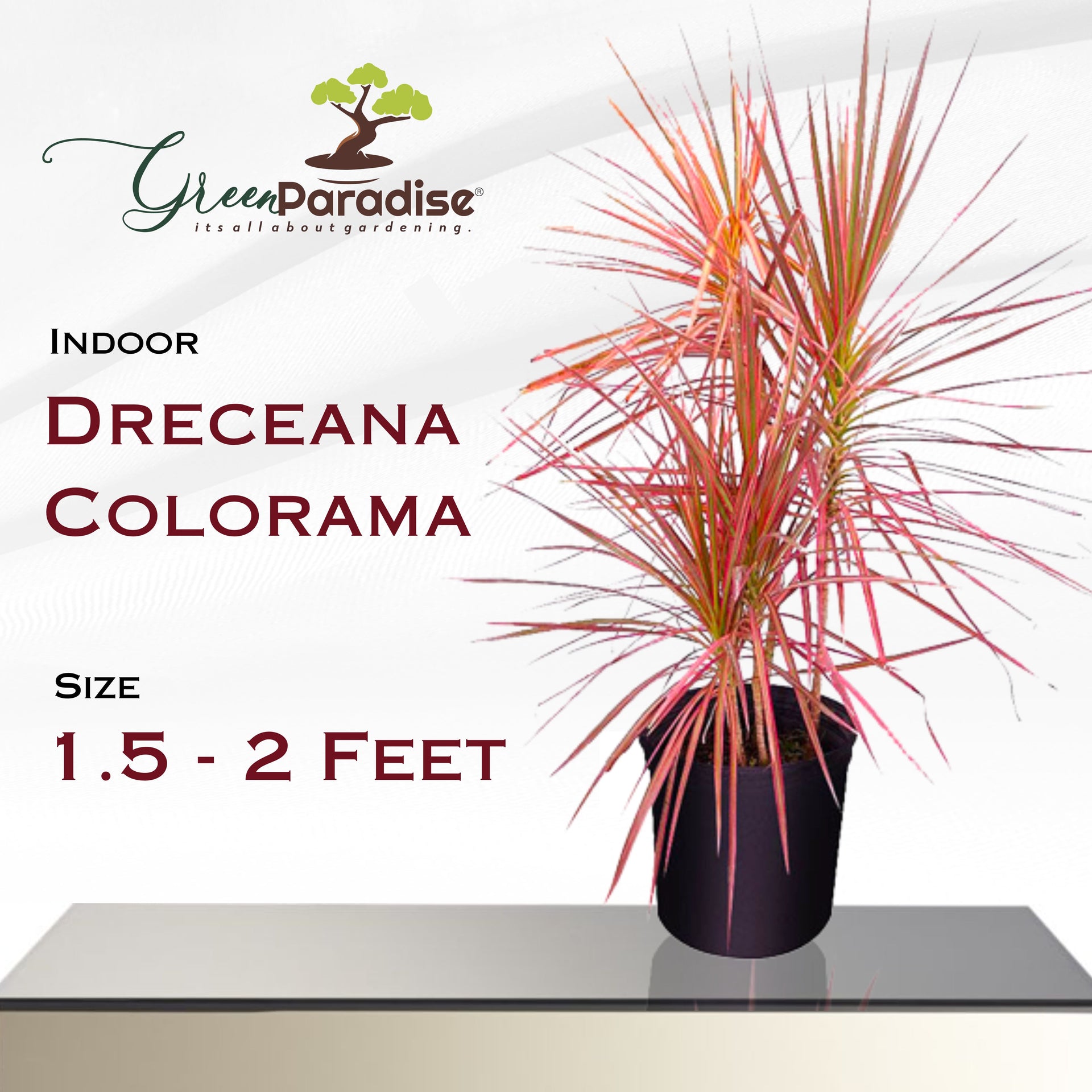
Unveiling the Enchantment of the
Dreceana Colorama Plant
Exploring the Allure and Allusions of the Dreceana
Colorama Plant
In the realm of botanical wonders, where nature's palette paints the earth with vivid hues, the Dreceana Colorama Plant emerges as an exquisite masterpiece. With its unique blend of captivating colors and remarkable characteristics, this plant has captured the attention of horticultural enthusiasts and nature lovers alike. Join us as we delve into the captivating world of the Dreceana Colorama Plant, uncovering its origins, characteristics, and the enchantment it brings to both indoor and outdoor spaces.
Origins and Discovery
- The Dreceana Colorama Plant, scientifically known as Dreceana colorama, is a relatively recent discovery in the botanical sphere.
- Originating from the lush rainforests of South America, particularly Brazil and Colombia, this plant was introduced to the world in recent decades due to increased exploration of these biodiversity-rich regions.
- Its name, "colorama," aptly reflects the plant's stunning display of colors that resembles an artist's palette.
A Kaleidoscope of Colors
- What sets the Dreceana Colorama Plant apart from its botanical counterparts is its breathtaking variety of colors.
- The leaves of this plant boast a mesmerizing blend of deep purples, vibrant pinks, rich reds, and even hues of blue and green, all intricately interwoven across each leaf's surface.
- This captivating riot of colors gives the plant an almost surreal and otherworldly appearance, making it a coveted addition to any garden or indoor plant collection.
Intriguing Characteristics
- Beyond its stunning visual appeal, the Dreceana Colorama Plant showcases an array of intriguing characteristics.
- It belongs to the family Marantaceae, commonly known as the prayer plant family.
- This family is named after the unique habit of its members' leaves to fold upwards at night, resembling hands in prayer.
- The Dreceana Colorama Plant also possesses a unique adaptation that enhances its survival in the rainforest ecosystem.
- Its strikingly colorful leaves are not just for aesthetics; they also play a role in absorbing dappled sunlight, allowing the plant to thrive on the forest floor where direct sunlight is limited.
- This adaptation has made it a desirable choice for indoor gardening, as it can flourish in low-light conditions.
Cultivation and Care
- Caring for the Dreceana Colorama Plant requires a keen understanding of its natural habitat.
- It thrives in soil that drains well and has a pH range of slightly acidic to neutral.
- Maintaining consistent humidity levels is crucial for its health, mimicking the humid conditions of its rainforest home.
- Regular misting and placing a tray of water nearby can create the ideal microenvironment for this captivating plant.
Enchanting Indoor and Outdoor Landscapes
- Whether as a potted gem indoors or a vibrant addition to outdoor gardens, the Dreceana Colorama Plant lends an air of enchantment to its surroundings.
- When cultivated indoors, it becomes a conversation starter, with its kaleidoscopic leaves adding a touch of the exotic to any room.
- Outdoors, it can be used to create stunning displays of color, either as a ground cover or nestled amongst other foliage.
A Guide to Cultivating the Vibrant Drecana Colorama
Plant
The world of indoor gardening is adorned with a plethora of captivating plant species that not only add a touch of nature to our homes but also contribute to our well-being. Among these, the Drecana Colorama plant stands out for its exquisite foliage and vibrant hues. If you're looking to cultivate this botanical marvel, look no further. This article serves as your comprehensive guide to successfully growing the enchanting Drecana Colorama plant right in the comfort of your home.
Understanding the Drecana Colorama Plant:
- The Drecana Colorama plant, scientifically known as Drecana reflexa 'Colorama,' is celebrated for its stunning multi-colored leaves that span across shades of green, pink, and cream.
- This evergreen perennial belongs to the Dracaena family and is native to Madagascar. Its striking appearance and relatively easy care requirements make it a favorite among both novice and experienced indoor gardeners.
Cultivation Guidelines:
1. Choosing the Right Location:
Selecting an appropriate location is pivotal for the healthy growth of your Drecana Colorama plant. This species thrives in bright, indirect light. Shield it from direct sunlight to prevent scorching of its delicate leaves. A room with filtered light or a spot a few feet away from a window would be ideal.
2. Temperature and Humidity:
Maintain a warm and humid environment for your Drecana Colorama plant. It prefers temperatures between 60°F to 75°F (15°C to 24°C). Regular misting or placing a tray of water near the plant can help elevate the humidity levels, mimicking its natural habitat.
3. Soil and Potting:
Use a well-draining, rich potting mix to ensure proper water retention without waterlogging. Pine bark, perlite, and peat moss are good combinations. Repot the plant every two years or so to ensure ample root space for its growth.
4. Watering:
Strike a balance between keeping the soil consistently moist and preventing waterlogging. Water your Drecana Colorama when the top inch of soil feels slightly dry. Reduce watering during the colder months.
5. Fertilization:
Throughout the growing season (spring and summer), fertilize your plant using a well-balanced, water-soluble fertilizer. A diluted solution every 4-6 weeks will provide the necessary nutrients for vibrant growth.
6. Pruning and Maintenance:
Trim yellowing or damaged leaves regularly to encourage new growth. Pruning also helps maintain the plant's shape and overall aesthetics. Wipe the leaves gently to keep them dust-free and allow better light absorption.
7. Propagation:
Propagating the Drecana Colorama can be done through stem cuttings. Take a healthy stem cutting with a few leaves attached and let it dry for a day or two. Plant the cutting in moist soil and place it in a warm, humid environment. Rooting usually occurs within a few weeks.
Potential Challenges:
Leaf Browning:
Browning leaf tips can result from inadequate humidity. Mist the plant or use a humidity tray to alleviate this issue.
Pest Infestations: Keep an eye out for common indoor plant pests like spider mites or mealybugs. Regularly inspect the leaves and treat with neem oil or insecticidal soap if needed.



